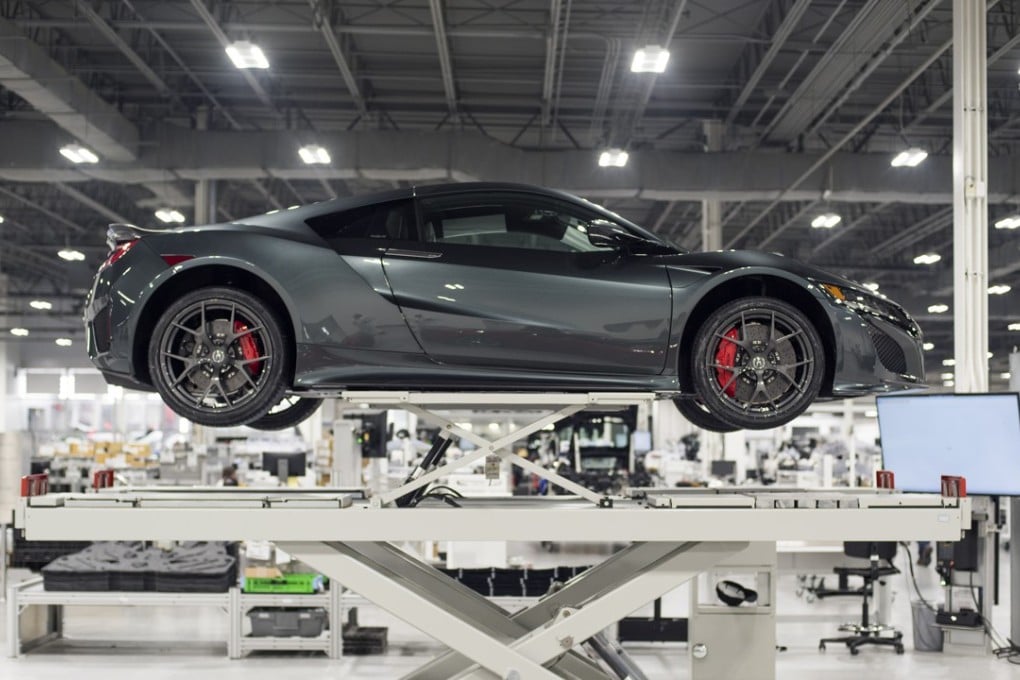From the
Brexit vote and
Donald Trump’s election as US president to rising support for populist parties in countries like
Germany and
Italy, much of the electoral upheaval in Western democracies in recent years has been attributed at least partly to a backlash against globalisation. But globalisation does not deserve voters’ ire.
There is no doubt that globalisation can leave specific groups within trading economies worse off. Those who work in industries that are susceptible to rising competition from foreign labour are especially vulnerable. Immigration increases the availability of workers willing to accept lower wages, effectively dragging down wages for local workers, particularly in lower-skilled jobs. And offshoring enables companies to move, say, manufacturing operations to countries with larger pools of low-cost labour.
Overall, however, the case for globalisation, including free
trade and at least some openness to migration, is strong, because it increases the total wealth of participating countries. All that is needed to mitigate its weaknesses is effective redistribution policies, including strong social safety nets.
Yet such countervailing policies are rarely taken, allowing frustration to mount among the groups that lose out. Politicians then emerge to seize on that frustration, pursuing policies that are precisely the opposite of what is needed. Nowhere is this trend more apparent – or more consequential – than in the
United States, where Trump’s administration risks provoking a trade war with
China, for the sake of appeasing some elements of his electoral base.
The tariffs that Trump has
pledged to i ntroduce are aimed, first and foremost, at
reducing America’s bilateral trade deficit vis-à-vis China. What Trump seems not to understand is that
markets function well when one party buys more than it sells to a partner, and vice versa. If trade deficits are no longer allowed, the
world economy will regress essentially to a barter system, and countries’ ability to capitalise on their competitive advantages will be diminished.
This is not new information. The Smoot-Hawley Tariff of 1930 – which raised US tariffs on more than 20,000 imported goods by as much as 50 per cent – was supposed to protect American farmers and businesses. Instead, it triggered retaliatory measures by America’s trade partners, resulting in a
66 per cent decline in world trade from 1929 to 1934, exacerbating the Great Depression. No wonder, then, that so many economists – including me – signed a letter to today’s US Congress that echoes
one sent in 1930. One hopes that, this time, policymakers will listen.

